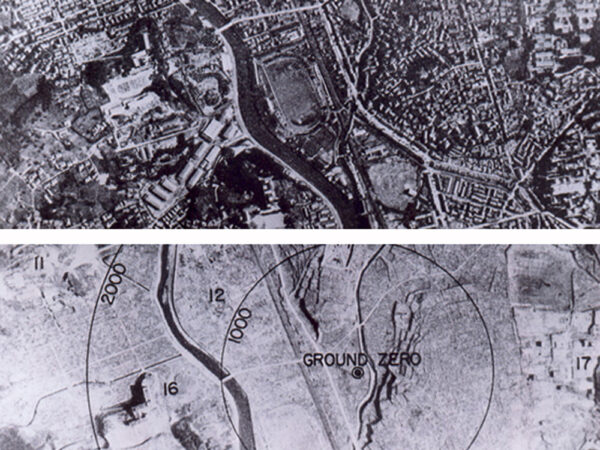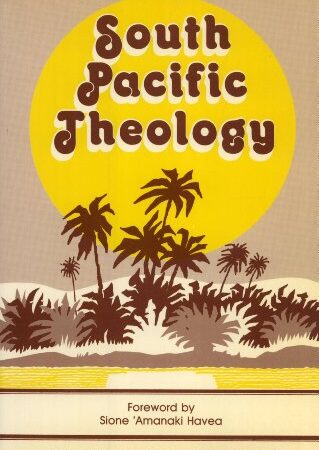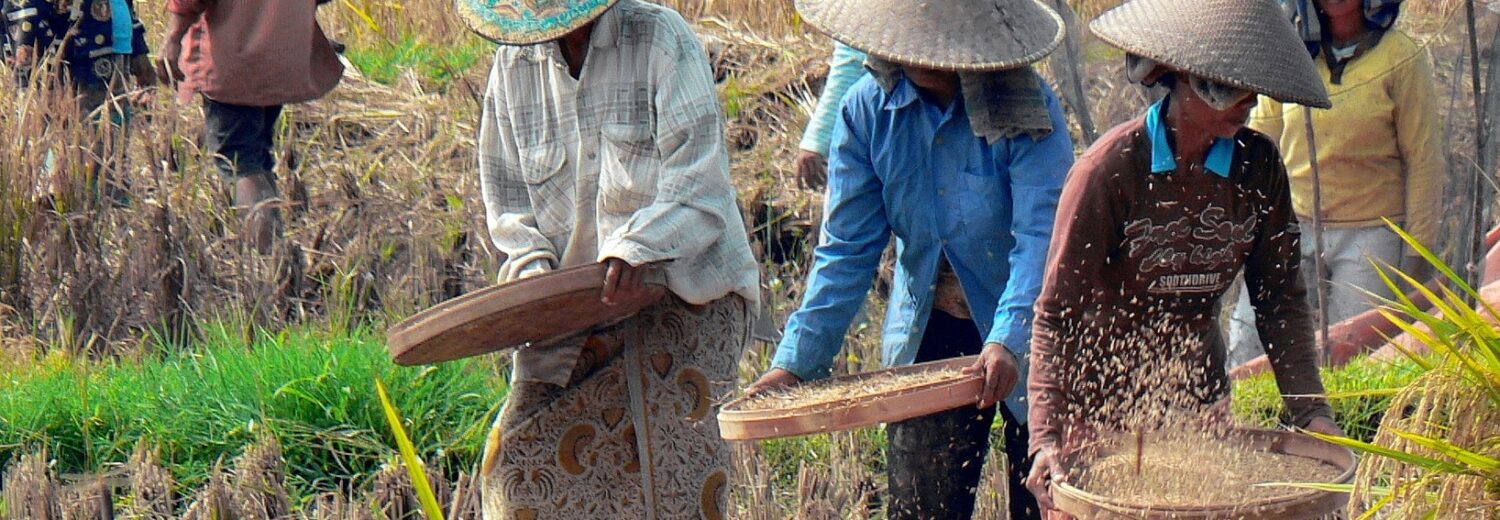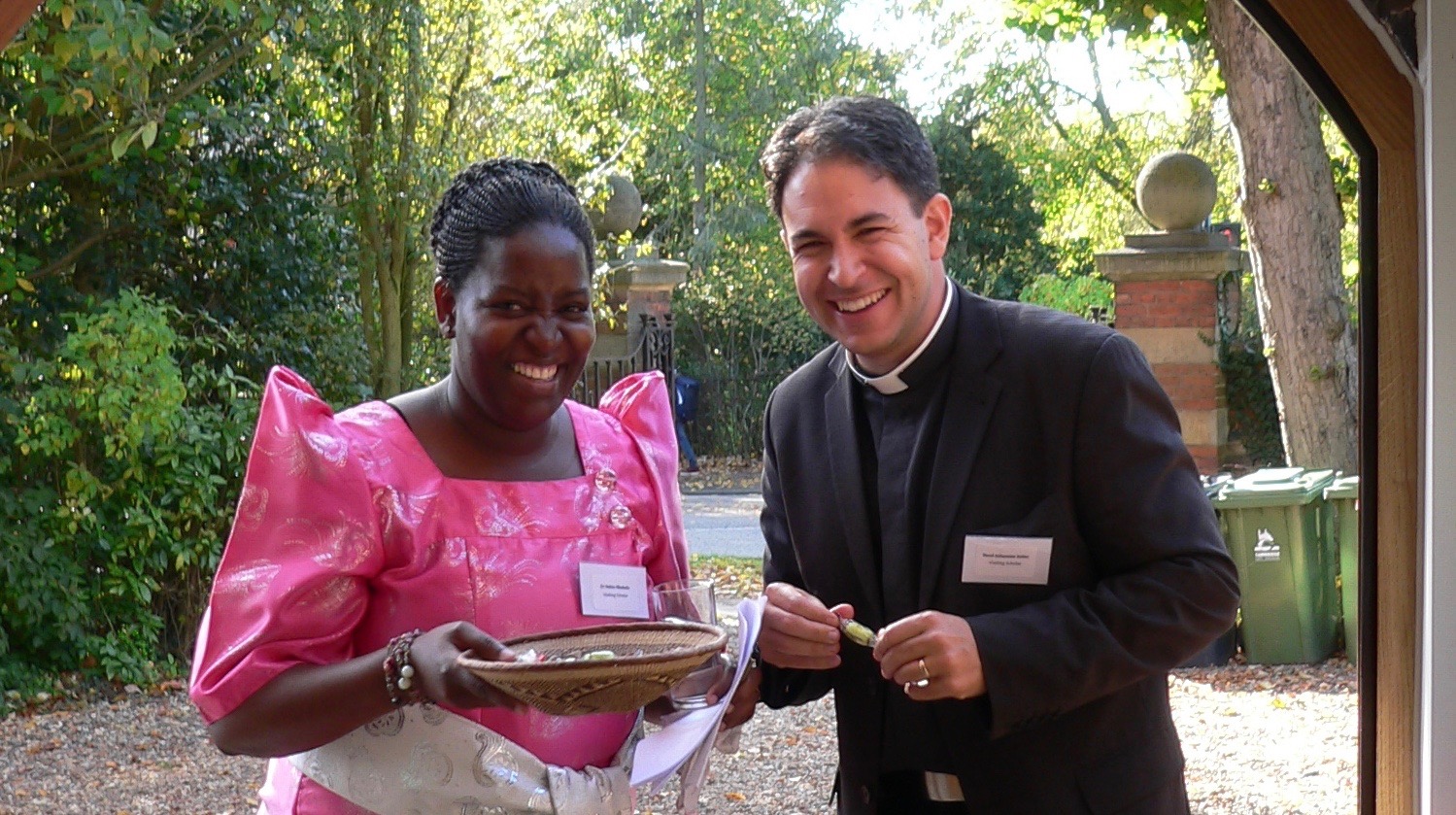A sermon preached by Peter S Heslam at St John the Evangelist Church, Hills Road, Cambridge, on Bible Sunday (23rd October 2022).
Readings: Psalm 119.129-136 and Luke 4.16-24.
May I speak in the name of the Father, Son and Holy Spirit. Amen.
‘The unfolding of your words gives light; it imparts understanding to the simple. With open mouth I pant, because I long for your commandments’, words from our reading from Psalm 119.130-131).
The Bible Society conducted a survey recently, in which it asked randomly selected people what they thought was the world’s bestselling book. Responses included The Lord of the Rings, Fifty Shades of Grey, The Da Vinci Code, and the Harry Potter novels.
Some of the people involved in the survey had agreed to be filmed when the correct answer was put to them. In this film, respondents were visibly shocked on hearing the correct answer. Would one of our younger members like to suggest what is the correct answer?
Yes, that’s correct – the Bible!
In fact, the Bible has been the world’s bestselling book ever since it was first printed in English by Cambridge University Press around 400 years ago.
Because of this, it has deeply affected our daily language – words like ‘busy-body’, ‘beautiful’, even ‘sex’. And phrases such as ‘by the skin of your teeth’ and ‘eat, drink and be merry’. Many of us get our names from bible characters.
The Bible has also shaped our calendars, seasons, and holidays. We say that we are in the 21st century. Surely that depends on at what point you start counting the centuries, as there have of course been many more centuries than twenty-one. This is the 21 century because it is twenty-one centuries since the birth of the central character in the Bible – Jesus.
How about music? The Bible has inspired some of the world’s most famous composers and performers. This includes classical maestros like Bach, Handel and Mozart, but also more contemporary figures like U2, Bob Dylan, Simon and Garfunkel, Katy Perry, Eric Clapton, Elvis Presley, The Spice Girls, Leonard Cohen, Mumford & Sons, and Stormzy.
We could go on to note the impact of the Bible on sport, film, theatre, healthcare, business and banking, politics, and protest movements – such as the abolitionist movement against slavery; the civil rights movement and the anti-apartheid movement against racial segregation; and the feminist movement against various forms of patriarchy.
When I worked in central London, I was reminded when I went to meet with MPs, that inscribed in the stone floor of the Central Lobby of our Houses of Parliament are the words ‘Except the Lord build the House, they labour in vain that build it’ (Psalm 127:1). And when I met with bankers, I often passed by the Royal Exchange. It has these words inscribed in stone above the grand portico entrance: ‘The earth is the Lord’s, and the fulness thereof’ (Psalm 24.1).
Words from the Bible are embedded and inscribed in the very fabric of our so-called ‘secular’ society.
Less remarkable is that words from scripture are also inscribed in our great cathedrals. During my London years, I would also frequently pass by St Paul’s Cathedral. And this cathedral can help us think about the relationship between God and the Bible. So, here’s another question: who built St Paul’s Cathedral?
True – it was Sir Christopher Wren. But, did he really build it? Did he help to lift those massive stones on top of each other? As far as we know, he did not lift a finger to move any of its stones. It took dozens of labourers around three and a half decades to build the cathedral.
Likewise, the Bible was not actually written by God – even though we call it ‘God’s word’, or ‘the Holy Bible’. As with St Paul’s Cathedral, dozens of people were involved. It is actually a collection of sixty-six books, written over around 1500 years by a wide range of authors living in different places and circumstances. But God is the ‘architect’ of the bible – he inspired it. As the person after whom St Paul’s Cathedral is named wrote to Timothy, ‘All scripture is God-breathed’ (2 Tim 3.16a).
As a multi-authored God-breathed book that has had deep impact on the fabric of societies all over the world, I hope I have said enough this morning to convince us that the Bible is worth hearing, reading, knowing, studying and living – when we are together like we are this morning, and when we are dispersed in the world throughout the week.
But I want to suggest that Psalm 119 can teach us something even more important. The fact that it is the longest Psalm, and the Bible’s longest chapter, should perhaps indicate that this Psalm has a crucial message.
I think we can learn from this Psalm that the Bible is certainly to be heard, read, known, studied and lived. But above all, the bible is to be loved.
Just listen to some examples from Psalm 119 of the Psalmist’s love God’s word:
I find my delight in your commandments
because I love them;
I revere your commandments, which I love,
and I will meditate on your statutes (v. 47-8).
Oh, how I love your law!
It is my meditation all day long (v. 97).
Truly I love your commandments
more than gold, more than fine gold (v. 127).
Your promise is well tried,
and your servant loves it (v. 140).
I hate and abhor falsehood,
but I love your law (v. 163).
Great peace have those who love your law (v. 165).
My soul keeps your decrees;
I love them exceedingly (v. 167).
That love of the Psalmist for God’s word is not just love for a book, which in those days would of course have been scrolls. It is a love for the God who is speaking to the Psalmist, and transforming his thoughts and actions, through the book. That is why the Bible can and should be an object of our love. In loving the Bible, we love God. And in loving God, we grow in our love for the Bible.
I think this may explain why, since the Russian invasion of Ukraine, sales of the Bible in Ukraine have risen sharply. The people’s acute awareness of their need for God in the face of destruction and terror has driven them to the Bible. Just think what comfort, Jesus’ words in our gospel reading, would mean to Ukrainian people made poor and oppressed by their aggressive Russian invaders:
The Spirit of the Lord is upon me (…)
to bring good news to the poor.
He has sent me to proclaim release to the captives (…)
to set free those who are oppressed (Luke 4.18-19).
When I read these words while imagining I am a Ukrainian who has been bereaved, made homeless, jobless, and violated in every other way by my oppressors, I feel a love rising within me – a love like that of the Psalmist for the life-giving, faith-inspiring, hope-infusing scriptures. I find that rising love urging me to go beyond the way I often come to scripture, which is shaped by rational academic study. I find myself wanting to read it more like a lover reads their beloved.
Let me end with words from the seventeenth century poet George Herbert, from two of his poems. For me his poem ‘The Holy Scriptures’ echoes in a very similar way to Psalm 119 the poet’s ardent love for God’s word. Some of its language and imagery (and spelling) is antiquated and obscure. And it is unusual to hear someone to speak to scripture, rather than to speak about scripture. But hear the passionate love with which Herbert speaks to the Bible:
Oh Book! infinite sweetnesse! let my heart
Suck ev’ry letter, and a hony gain,
Precious for any grief in any part;
To cleare the breast, to mollifie all pain.
Thou art all health (…) thou art a masse
Of strange delights (…)
Who can indeare Thy praise too much?
(From ‘The Holy Scriptures’, in The Temple (1633), by George Herbert)
This is not a love for the Bible that goes beyond love for God. It is true that Herbert speaks to the Bible almost as if he is addressing God. But Herbert would not be the wonderful Christian poet that he is if his love of scripture exceeded his love for God – as can be true as much for atheists and agnostics as for fundamentalists. Herbert understood, I think, that God and God’s word cannot be separated if the Bible really is God breathed; and if Christ is the ultimate fulfilment and meaning (‘hermeneutic’) of scripture; and if Christ is, in Christ’s self, the very Word of God.
The second Herbert poem, which we sang this morning, demonstrates that his love for the Bible does not supersede his love for the God of the Bible:
King of Glorie, King of Peace,
I will love thee (…)
Wherefore with my utmost art
I will sing thee,
And the cream of all my heart
I will bring thee.
We only need to look a little further in this poem/hymn to see what loving scripture and loving the God of scripture means for living scripture in ordinary everyday life:
Sev’n whole dayes, not one in seven,
I will praise thee.
So I want to conclude that living the Bible every day – not just on Sundays – only really happens if and when we love the bible. As we know from the lives of many of the people around is, human beings can live reasonably upright lives without loving the Bible. But humans cannot live for God in their ordinary everyday lives in response to the good news of God’s loving liberation from sin without loving the bible. Human lives are shaped by human loves. Our ‘essential self’ emerges and evolves throughout our lives in keeping with where we place our affections.
We need to hear the Bible, read the Bible, know the Bible, study the Bible, and live the Bible. But all of that springs from love for the Bible – a love for the Bible that is one and the same as our love for the God of the Bible, supremely revealed in Jesus Christ, who in his very essence is the Word of God.
May we say with the Psalmist on this Bible Sunday, ‘The unfolding of your words gives light; it imparts understanding to the simple. With open mouth I pant, because I long for your commandments’ (Psalm 119.130-131).
In the name of the Father, Son and Holy Spirit, Amen.






